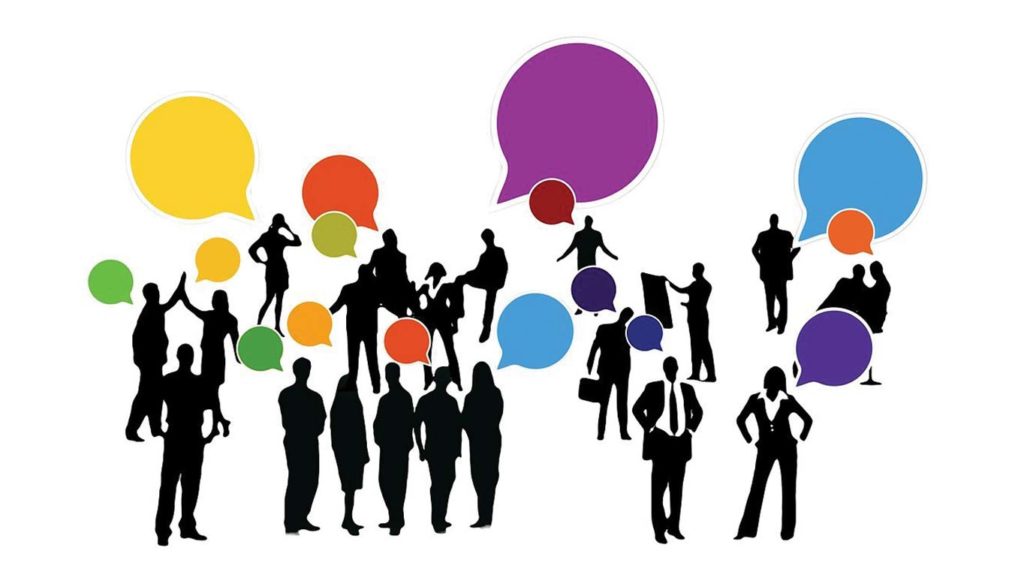Ongoing and meaningful performance conversations are at the center of the UN Performance Management and Development System. The new approach envisages year-round conversations between supervisees and supervisors to ensure professional growth, learning and improvement of personnel in a healthy and respectful working environment. Ongoing performance conversations are built on the foundation of respectful relationships and two-way communication.
As the organization is seeking to establish a culture of ongoing performance conversations, engaging in effective continuous feedback discussions can be challenging. Giving and receiving feedback can be unnerving, and, when we are stressed, it is easy to fall back on familiar patterns such as withdrawing, resigning, becoming defensive, or even perceiving feedback as a threat.
At the Office of the United Nations Ombudsman and Mediation Services (UNOMS), we know that difficult conversations may result in conflict. Giving and receiving feedback are skills that need reflection, learning and practice. The psychology of feedback explains the complexity: we need feedback to improve, and, at the same time, we want to be acknowledged for the good work we do. On top of that, sometimes perceptions might be biased, or communication skills may not match intentions. As a result, performance conversations are often emotionally charged, particularly if they revolve around areas for improvement or a rating with which you disagree.
It is no surprise that concerns related to evaluative relationships are among the most frequent issues brought to UNOMS by its visitors. These include issues related to respect and treatment, communication, interpersonal differences, performance management and feedback. When these issues cannot be resolved by the relevant parties, early engagement of a neutral third party, such as the organizational ombudsman and mediation services, can help to de-escalate the situation and facilitate better understanding between the people involved.

As facilitators of dialogue in the organization, UNOMS conflict resolution professionals are available to help personnel throughout at any point of the performance cycle, and regardless of their role in the discussion (e.g., you are a FRO, SRO, staff member or other). UNOMS can help personnel by providing conflict coaching, identifying issues, and mediating towards mutually agreeable outcomes. UNOMS experts, in their neutral and unbiased role, are also available to facilitate discussions between two parties, including milestone discussions such as around the workplan or at the end of cycle. UNOMS experts will listen to any concern objectively and help parties consider the situation from different perspectives. UNOMS is also available to support managers in preparing for performance conversations with their team members, so that they can provide objective feedback, and remain empathetic throughout the interactions.
UNOMS is always available to help with workplace issues. We offer a safe space for open conversations, where you can express yourself, build trust, and feel understood. Our neutral services can help all personnel through a difficult conversation by promoting active listening, self-reflection, and awareness — essential elements of successful performance evaluation discussions. We believe that open conversations about performance are a foundation of a respectful workplace where everyone can grow professionally.
A few tips that may be useful in the context of your performance management conversations are:
• Review organizational documents for clarity on the process and its implementation, available through your HR Office or online resources.
• When giving feedback, emphasize accomplishments, remain empathetic and factual when describing shortcomings, and explore ways to improve together. Allow the receiver time to talk. When receiving feedback, listen carefully. Refrain from interrupting your listening by preparing for your response. Ask what you could do to continue performing well, or for concrete examples of what the other person thinks did not go well.
Remember: feedback is an opportunity for valuable learning. Managers may judge the overall performance, not the individual – a process where both can learn.
You can reach UNOMS via email at unoms@un.org or by phone at +(41) 22-917-3760.
For more information please visit: un.org/ombudsman.



